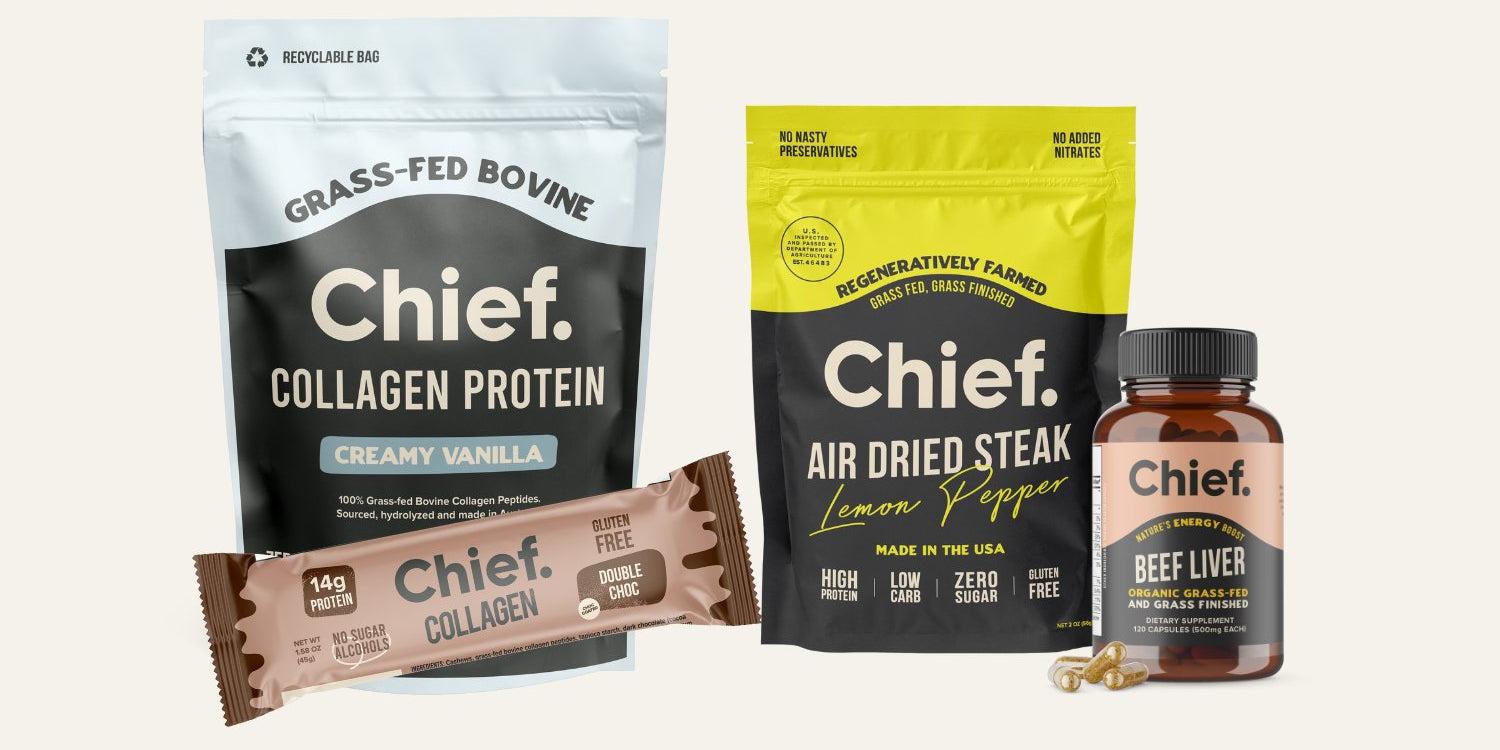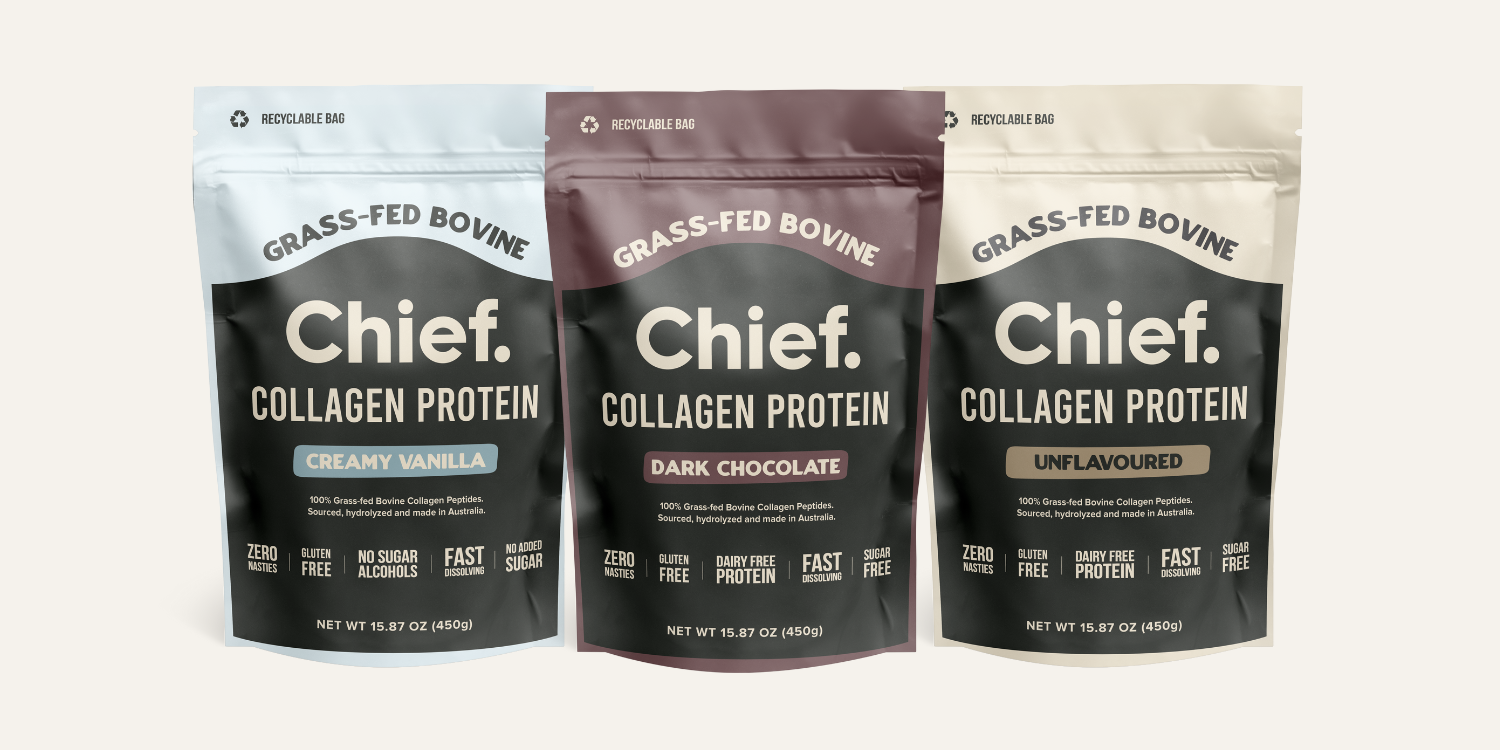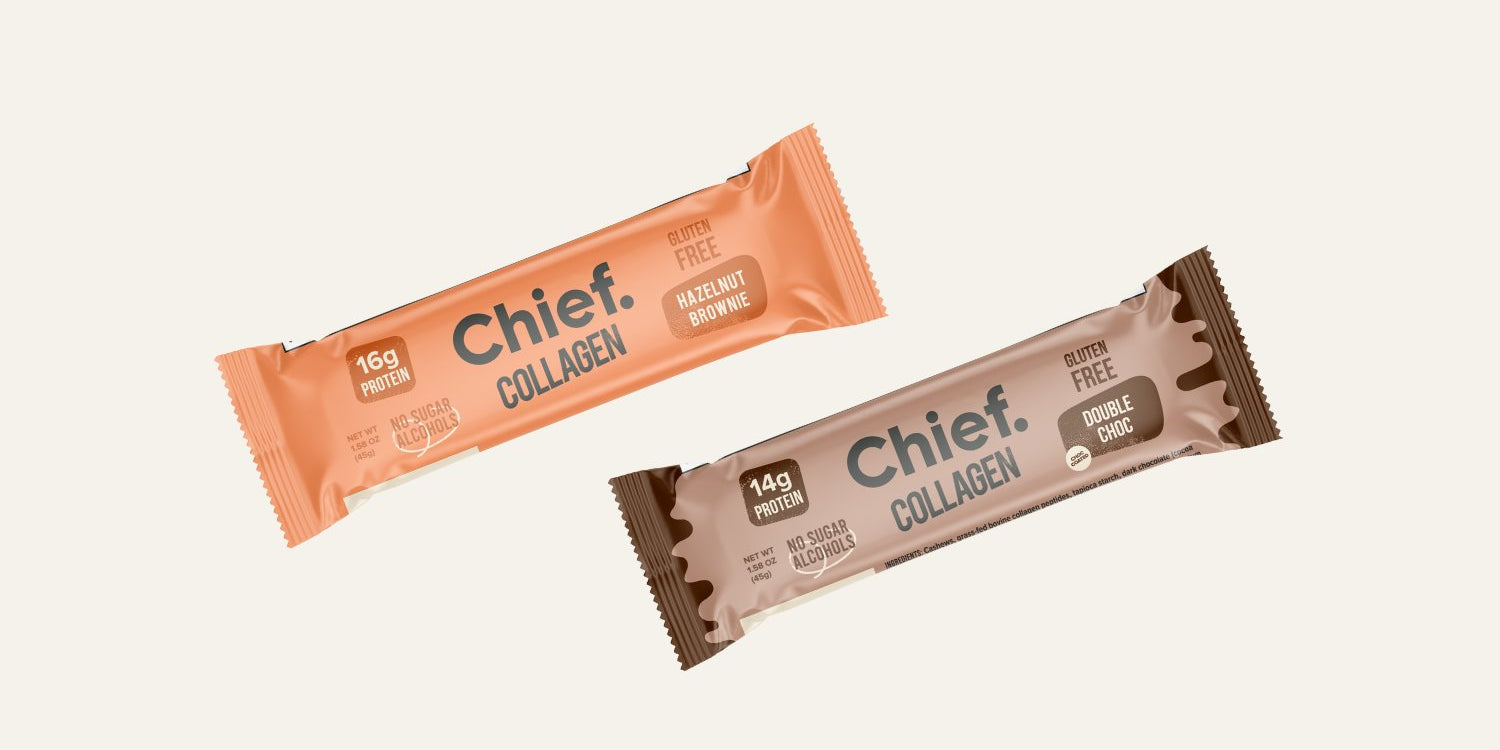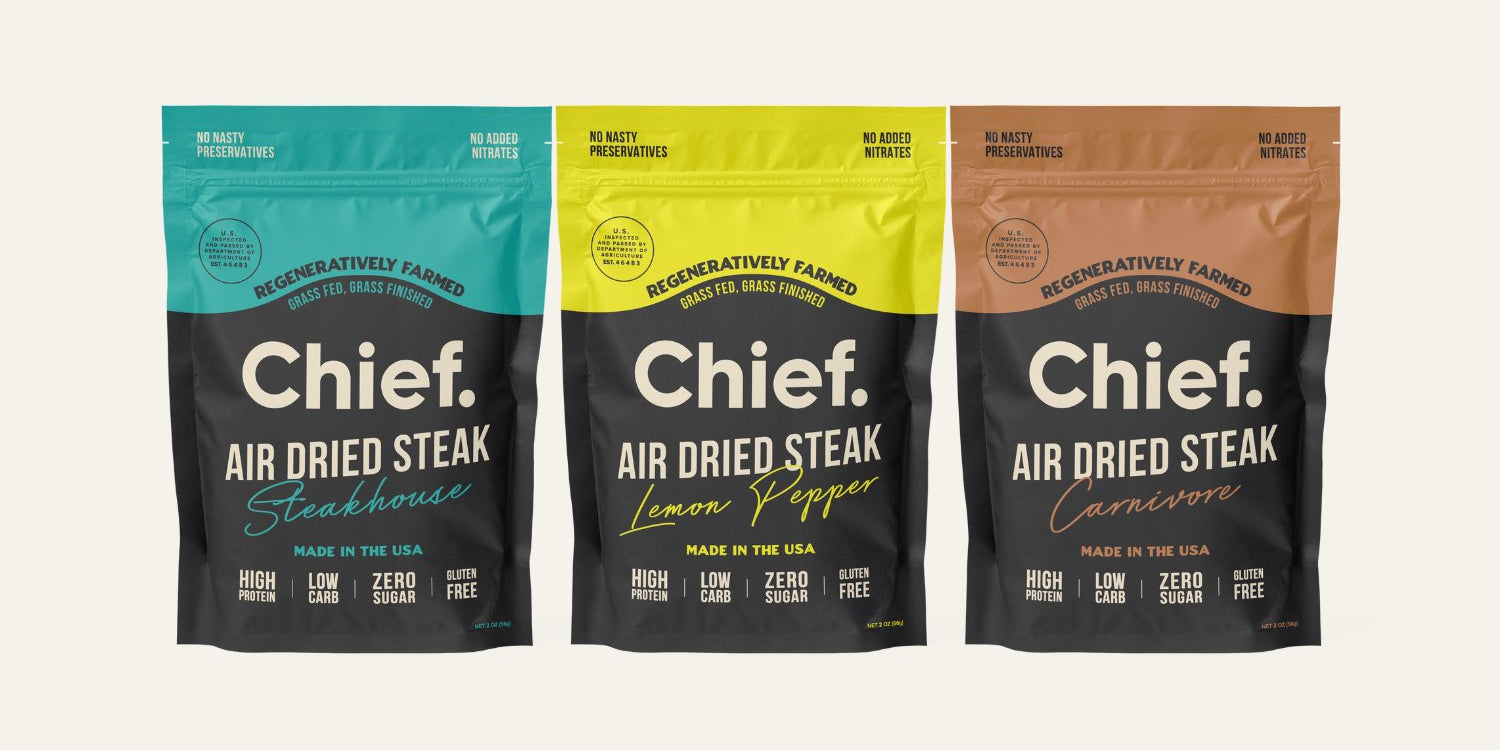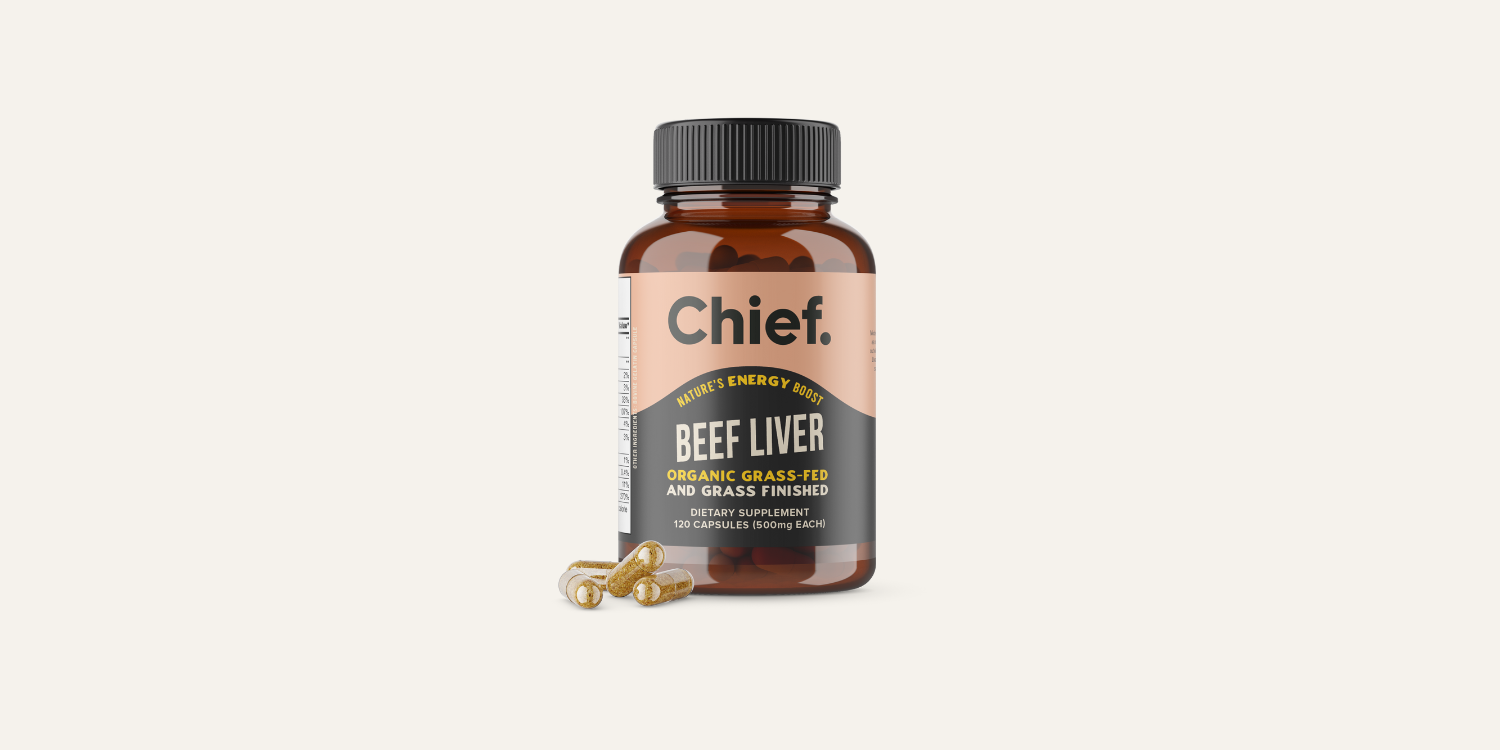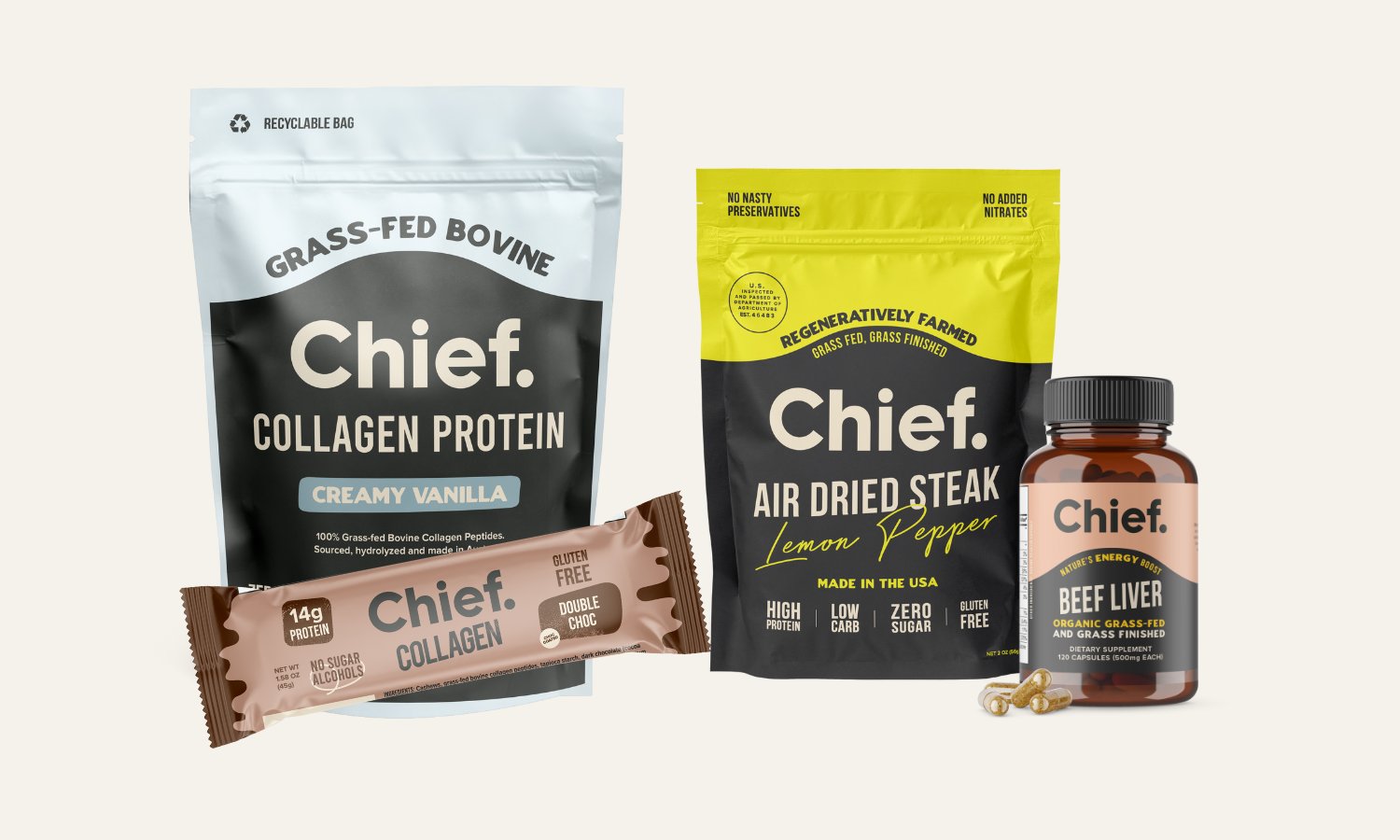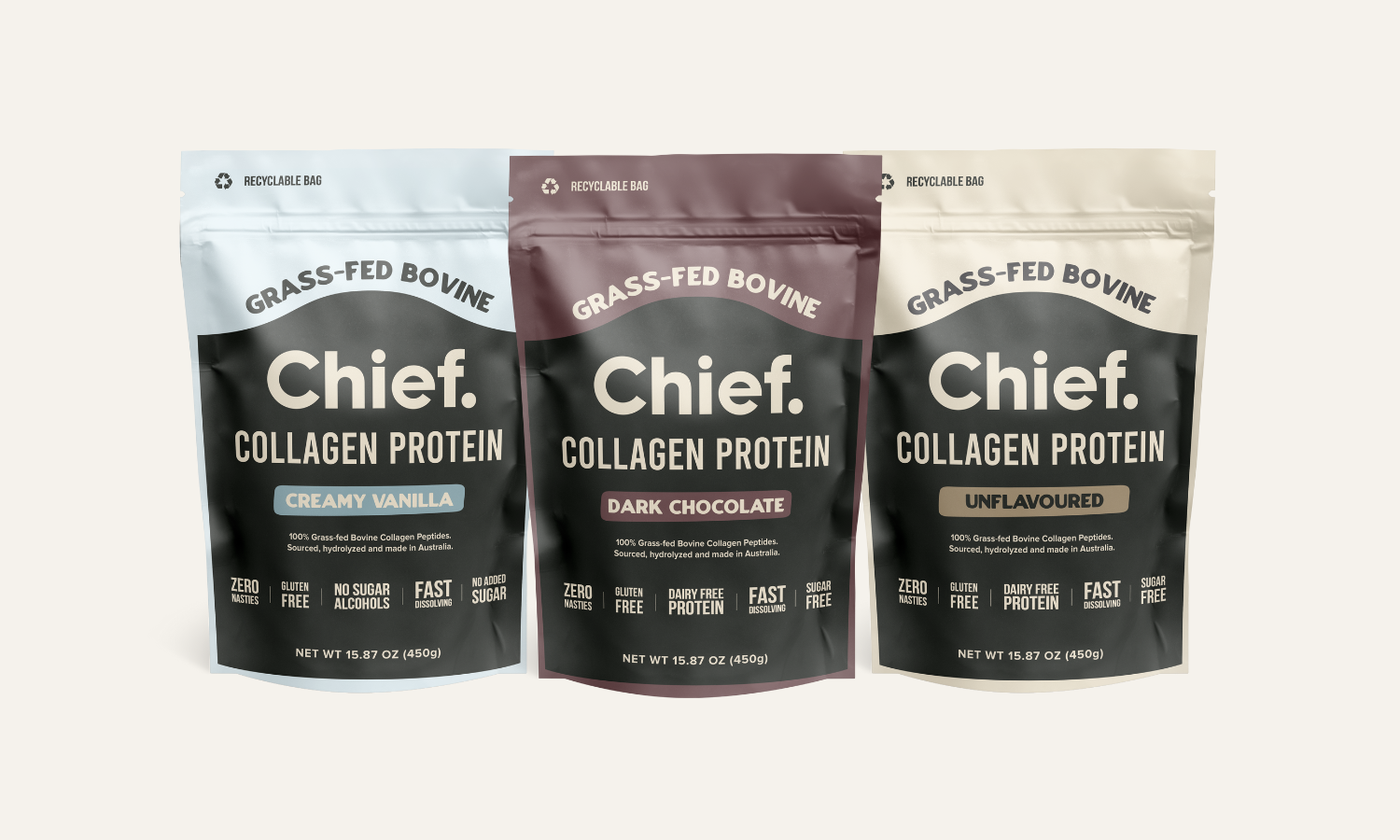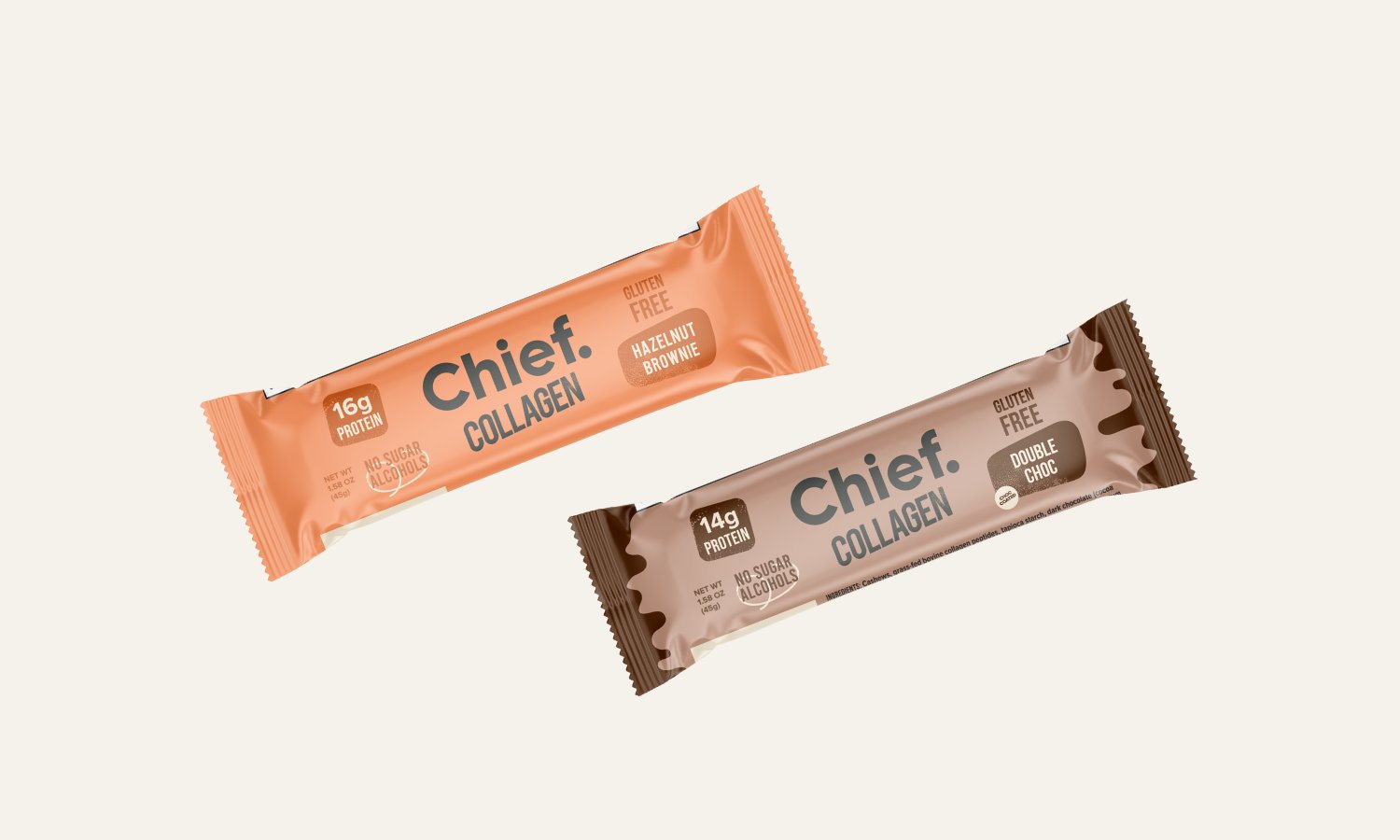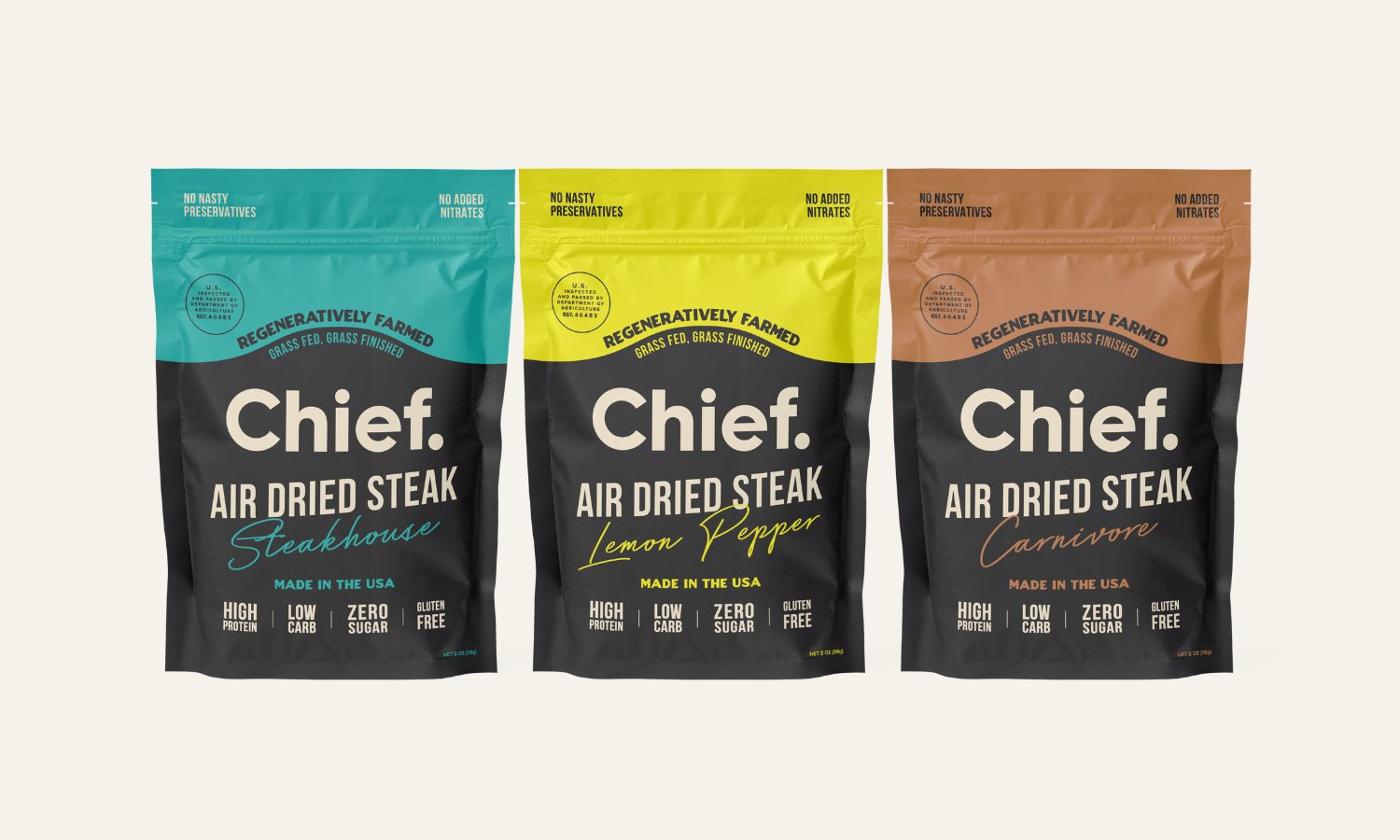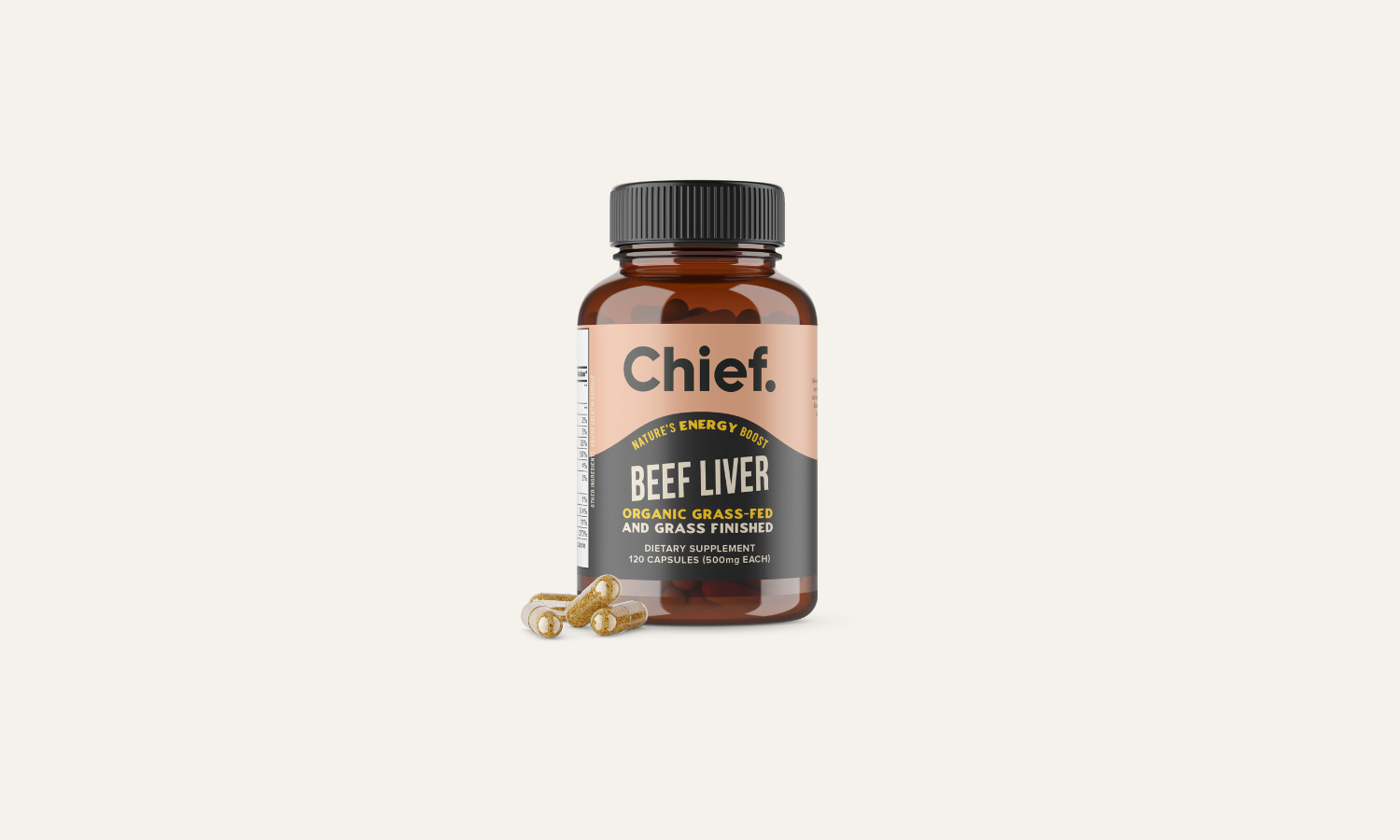Earlier this month, I walked past a truck selling vegan burgers. They advertised their product as a healthy meat alternative, 100% natural, and free from nasty additives. It made me curious as all the packaged meat alternatives I’ve seen were full of crap.
I inspected their ingredient list, and the product was made from vegetable protein, concentrated soy protein, isolated soy protein, concentrated pea protein, chickpea flour, coconut fat, canola oil, natural flavour, and stabilisers (461, 1400), natural colour (162). So, by definition, this product falls into the ultra-processed foods category as there is hardly anything natural.
Eating ultra-processed foods once now and then as a treat won’t kill you, but including them in your daily diet will have a catastrophic impact on your health in the long run. According to a SCIENCE REVIEW from 2020, regular consumption of ultra-processed foods is associated with overweight, obesity and cardio-metabolic risks; cancer, type-2 diabetes and cardiovascular diseases; gut inflammation, irritable bowel syndrome, depression and frailty conditions; and all-cause mortality. Avoiding ultra-processed foods is the ‘golden rule’ of national dietary guidelines worldwide.
What exactly are ultra-processed foods?
The Cambridge University Press published a GUIDELINE in 2019 on recognising ultra-processed foods. In this guideline, ultra-processed foods are defined within the NOVA classification system, which groups foods according to the degree and purpose of industrial processing. Keep in mind that most foods are processed to some degree. Even a cooked egg is processed food because the cooking process modified it. Grinding, drying, roasting, boiling, pasteurisation, refrigeration, freezing, placing in containers, vacuum packaging, or non-alcoholic fermentation are all food-altering processed.
According to the Nova classification, ultra-processed foods are altered by a series of industrial processes (hence ‘ultra-processed’), which involve several steps and different industries. It starts with fractioning whole foods into substances that include sugars, oils and fats, proteins, starches, and fibre. These substances are often obtained from a few high-yield plant foods (corn, wheat, soy, cane or beet). These substances are then hydrolysed, hydrogenated, or subjected to other chemical alterations. Following processes involve assembling unmodified and modified food substances with little if any whole food using industrial techniques such as extrusion, moulding and pre-frying. Colours, flavours, emulsifiers and other additives are often added to make the final product palatable or hyper-palatable.
How to identify ultra-processed foods
Check the back of the packaging to see if its list of ingredients contains at least one item characteristic of the ultra-processed food group, such as:
- Food substances not used in the kitchen- hydrolysed proteins, soy protein isolate, gluten, casein, whey protein, ‘mechanically separated meat’, fructose, high-fructose corn syrup, ‘fruit juice concentrate’, invert sugar, maltodextrin, dextrose, lactose, soluble or insoluble fibre, hydrogenated or interesterified oil; and also, other sources of protein, carbohydrate or fat which have been chemically altered such as ultra-processed vegetable and seed oils.
- Cosmetic additives- numbered flavours, flavours enhancers, colours, emulsifiers, emulsifying salts, sweeteners, thickeners, anti-foaming, bulking, carbonating, foaming, gelling, and glazing agents.
Eat real food or minimally processed food
No matter if you are a carnivore, omnivore, vegetarian, pescatarian, vegan or whatever else the categories are, avoid ultra-processed foods and eat mostly natural whole foods that aren’t severely modified and enhanced with artificial additives.
According to the Cambridge University guide, ultra-processed foods are not ‘real food’. They are formulations of food substances modified by chemical processes and then assembled into ready-to-consume hyper-palatable food and drink products using flavours, colours, emulsifiers, and other cosmetic additives. Most are made and promoted by giant food corporations. Their ultra-processing makes them highly profitable, extremely appealing, and fundamentally unhealthy.
Note: All of our products are minimally processed and free from nasty ingredients
Ultra-processed foods and the environment
Eat less and don't waste food if you genuinely care about the ENVIRONMENT. According to CSIRO (Commonwealth Scientific and Industrial Research Organisation), overconsumption and food wasting are the two most significant nutritional issues in the Western world regarding damaging the environment.
Other environmental issues associated with ultra-processed foods include the additional energy used in the industrial processing of food and the agricultural systems used to produce common ingredients found in many ultra-processed foods, such as palm oil, sugar, maise syrup and many additives. The intensive production of these monocultures is a significant cause of biodiversity loss and the high requirement for inputs such as fertiliser and pesticides.

Veronika Larisova
References:
- https://www.cambridge.org/core/journals/proceedings-of-the-nutrition-society/article/food-system-and-climate-change-are-plantbased-diets-becoming-unhealthy-and-less-environmentally-sustainable/525CDD9FC618E5488A5B931669FA7493
- https://www.cambridge.org/core/journals/public-health-nutrition/article/ultraprocessed-foods-what-they-are-and-how-to-identify-them/E6D744D714B1FF09D5BCA3E74D53A185
- https://www.ncbi.nlm.nih.gov/pmc/articles/PMC7399967/
- https://www.csiro.au/en/research/environmental-impacts/sustainability/environmental-impact-of-diets

